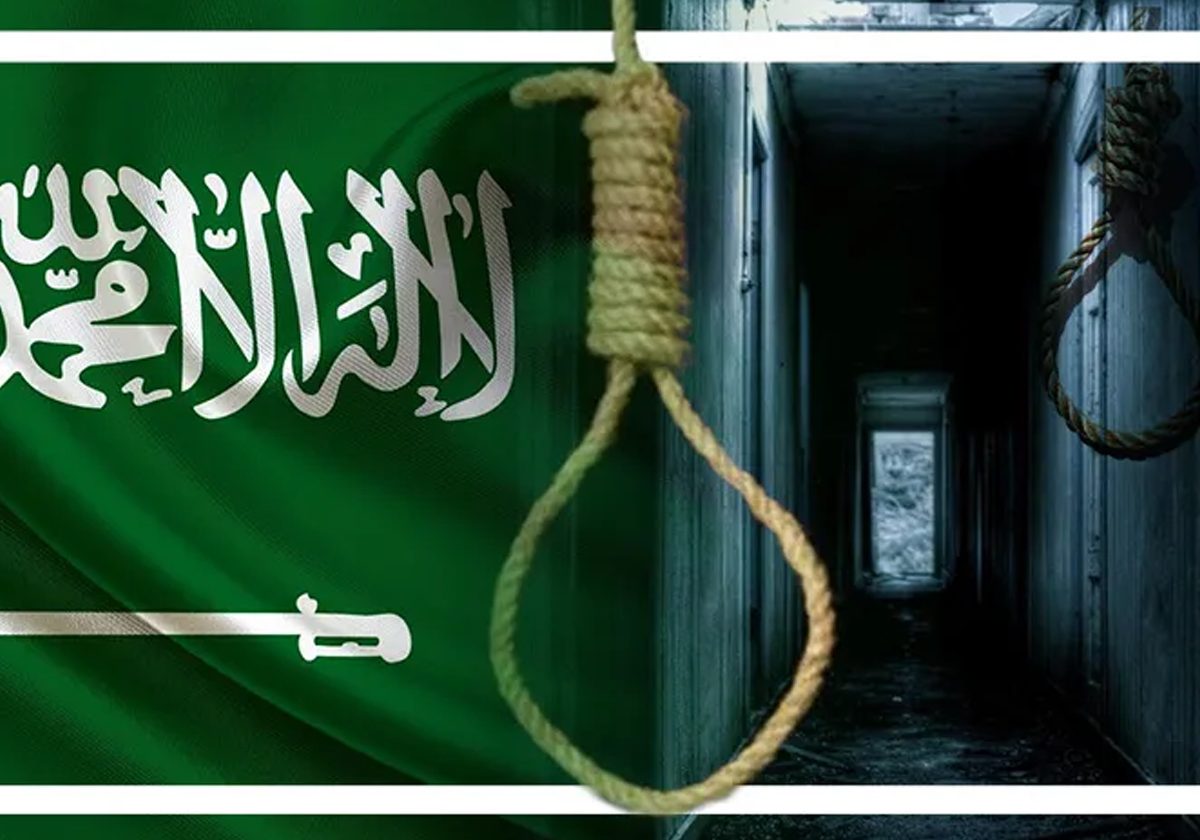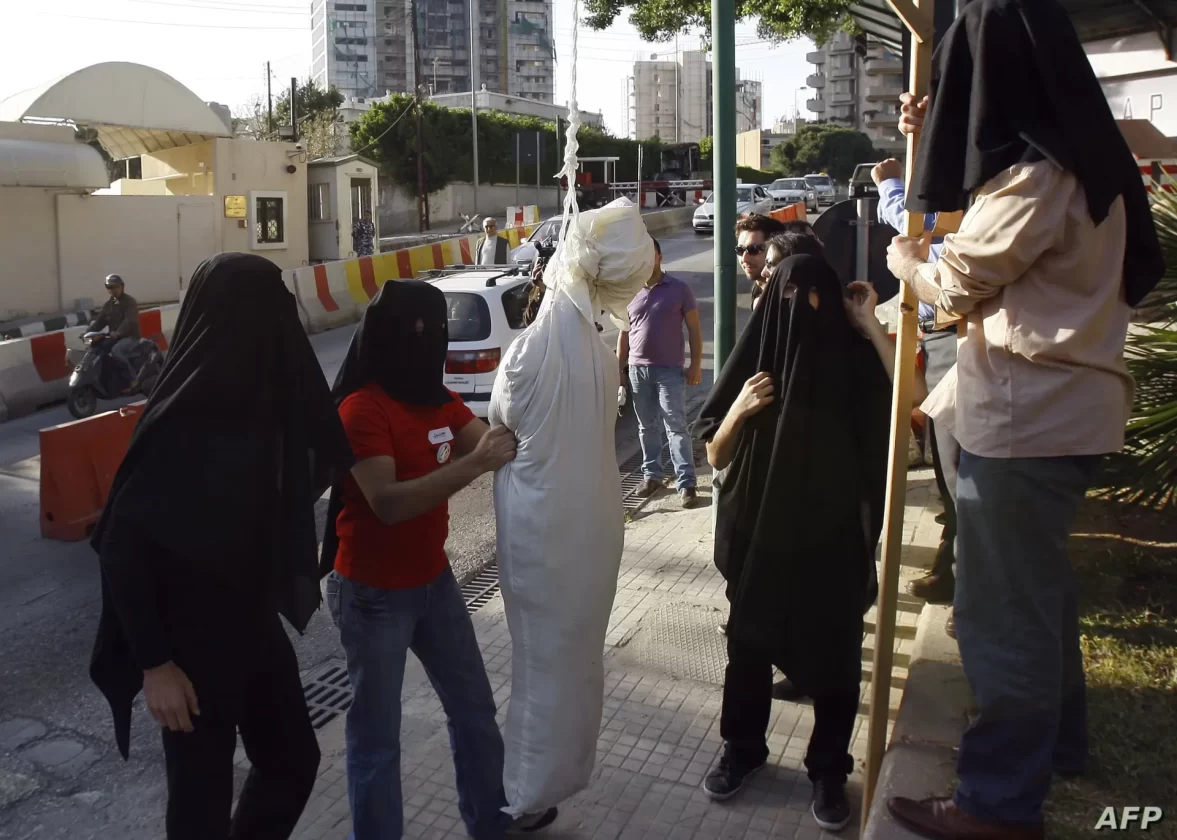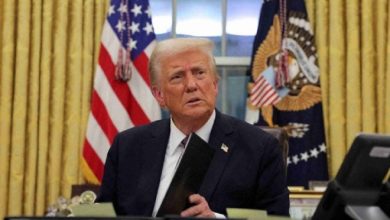Saudi Arabia’s Disturbing Execution Tally: A Deep Dive into the Kingdom’s Death Penalty Surge

Watan- In a concerning trend, Saudi Arabia has executed over 100 individuals this year, according to Amnesty International. This revelation has sparked international concerns about the kingdom’s use of the death penalty in violation of international law. While the number of executions is less than the 196 carried out in 2022, it’s nearly double the state-sanctioned killings in 2021.
Heba Morayef, the Middle East and North Africa Program Director at Amnesty International, pointed out the stark contradiction between Saudi Arabia’s repeated promises to limit its use of the death penalty and its actions. “The Saudi authorities have already executed 100 people this year, revealing a horrifying disregard for the right to life,” Morayef stated. The continuous wave of state-sanctioned killings raises serious concerns for the lives of young individuals sentenced to death, who were under 18 at the time of their alleged crimes.

Last year, Saudi Arabia ranked third globally in the number of executions carried out. The recorded executions tripled from 65 in 2021 to 196 in 2022. Since King Salman bin Abdulaziz assumed power in 2015, over 1,000 death sentences have been executed, as reported by UK-based organization Reprieve and the European Saudi Organization for Human Rights.
In August alone, the Saudi government executed an average of four individuals weekly. The scope of these executions extended beyond Saudi citizens. A Pakistani man was executed on drug trafficking charges, and an American citizen faced the death penalty after being convicted of torturing and killing his father.
While certain crimes still warrant the death penalty in Saudi Arabia, human rights groups have expressed concerns over the high number of executions. Organizations like Amnesty International have accused Saudi authorities of executing individuals following grossly unfair trials that don’t meet international human rights standards. Amnesty International also highlighted that using the death penalty for specific crimes, such as drug trafficking, is prohibited under international law as they don’t fall under the “most serious crimes” category.






